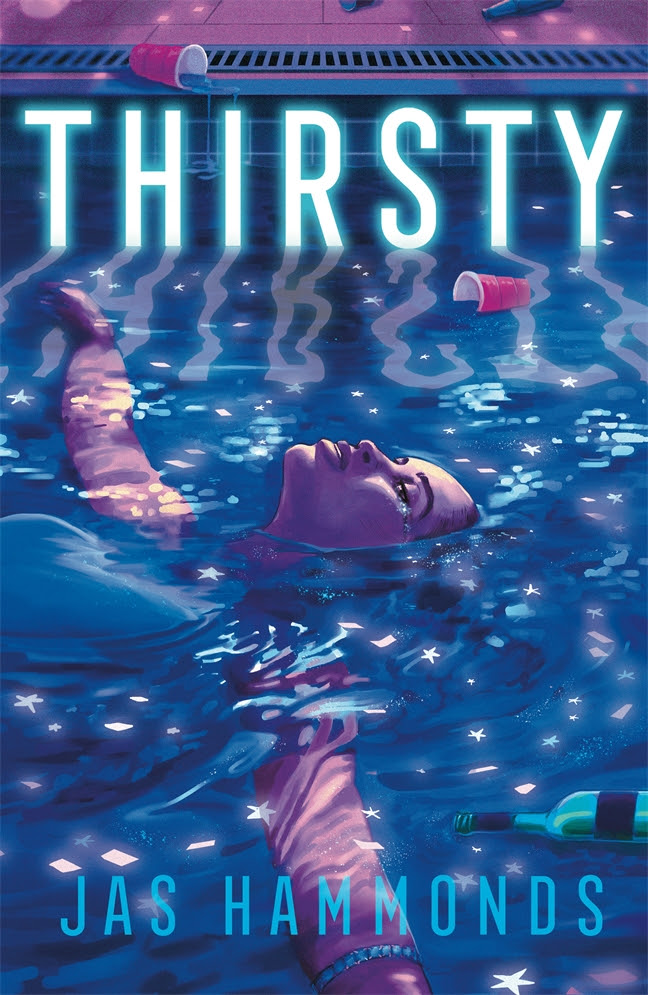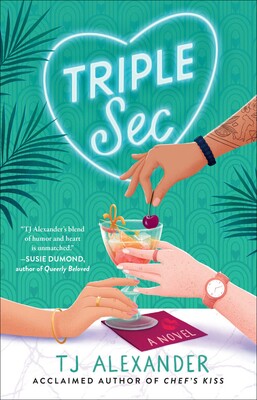Buy this from Bookshop.org to support local bookstores and the Lesbrary! What would you be willing to do if it meant finding your flock? Jas Hammonds explores this age-old question in their young adult novel Thirsty. Incoming college freshmen Blake Brenner has been with her girlfriend, Ella, since freshman year; they are voted “The CoupleRead More
A Sweet and Steamy Polyamorous Romance: Triple Sec by T.J. Alexander
Buy this from Bookshop.org to support local bookstores and the Lesbrary! Before this book had even come out (happy release day, Triple Sec!), I’d already been recommending it nonstop on Our Queerest Shelves. Ever since I finished it, I haven’t been able to stop talking about. It’s definitely one of my favourite books of theRead More
Danika reviews Late to the Party by Kelly Quindlen
Codi is in a rut. She has two best friends, Maritza and JaKory, and they’ve been doing the same things since they became friends in the 6th grade. Now she’s 17, and she’s sick of sitting in the basement and watching movies. All three of them are determined to make a change this summer, andRead More
Danika reviews The Brightsiders by Jen Wilde
I almost wrote this book off after the first chapter. I’m nearly 30 and not a drinker, so reading about a teenage rock star getting incredibly drunk and then getting into a car accident (her girlfriend–who had also been drinking–was driving), paparazzi then swarming the scene, is not what I would usually gravitate toward. Luckily,Read More

